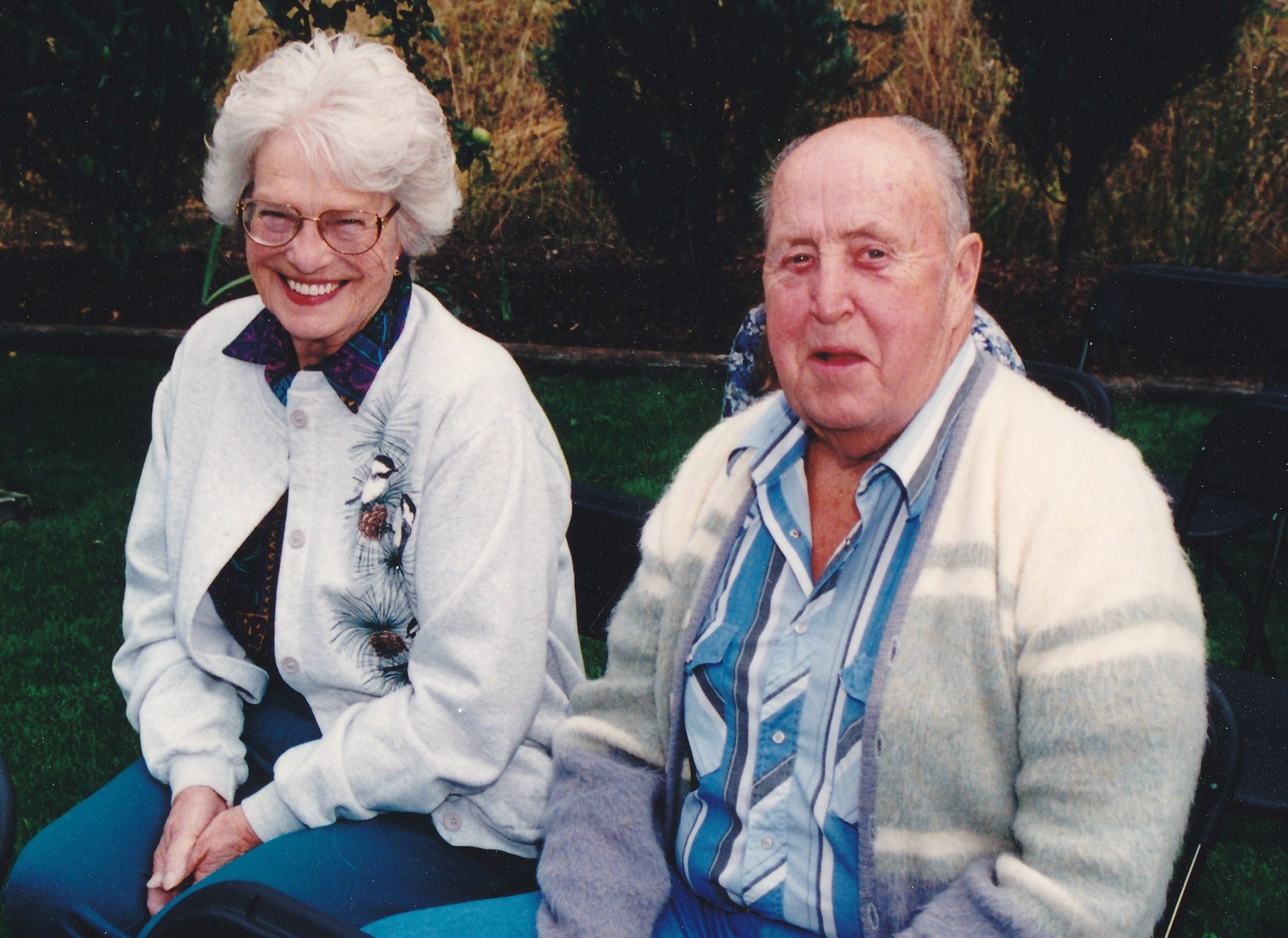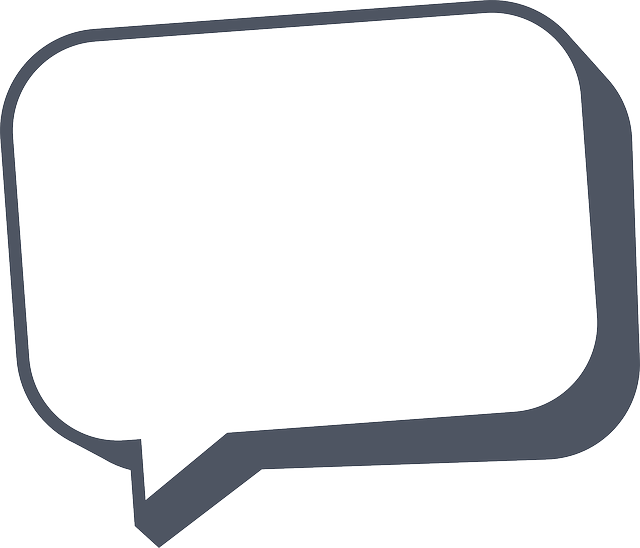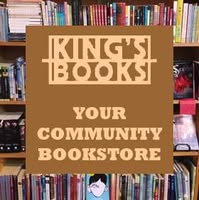Robert Reich’s Essay Broke My Heart Wide Open Today
Please read it before you continue… Here’s the link:
I teared up as I read it.Then I sent Professor Reich a short message:”You are a GIANT in all the right ways, sir. I’m sure your father recognized this, even if belatedly. You are an international treasure.
Robert Reich is one of the people I most respect and admire in all the world. He was Labor Secretary under President Clinton and he just recently retired from Berkeley after 30+ years as a professor there. I have attended numerous of his virtual classes and I follow his Substack, his Inequality Media videos, and his weekly Saturday morning coffee klatch where he discusses recent happenings with his executive director, Heather Lofthouse. I have recently sent Heather a secret message, hoping she can arrange something I put into motion as a surprise to Mr. Reich, which I cannot discuss unless and until it comes to fruition.
To say I revere his wisdom is an understatement. Which is why today’s essay had me in tears. His compassion and equilibrium are evident with every phrase he utters.
It made me want to tell my story now, too.

Those of you who have been following me for any length of time already know that my father and I didn’t have a close personal relationship until almost a year before he died in 1999 just six months after my honorary father and mentor DeForest Kelley passed away.
My dad was an unwanted, verbally and physically abused child. He left school after sixth grade to become a railroad worker. Eventually, he became a successful general contractor and an alcoholic. Although he slapped me only once that I recall (which I deserved!), he wasn’t physically abusive to me or to my sisters. He was verbally abusive; it was all he knew about parenting, as the result of what he had experienced as a child.
He witnessed an unimaginable event as a kid; he watched his father cut off another man’s arm in a fit of rage. The most enraged I ever saw him was the afternoon when he threw a dinner plate through a window in the kitchen (instead of hurling it at Mom for disagreeing with him on something). So, he was a step up from his father; he had an appreciable ability to control the outcome of his rants and rage when they did assail him.
His parental “corrections” were wrapped in abusive jargon
I hesitate to psychoanalyze my father. He could be charming as hell when he wanted to be. Several of my friends said they wished they had my parents instead of their own. They never saw him the way we did when no one else was around.
Which is why the way he treated us felt all the more unfair. Had he been an unconscious tyrannical jerk all the time, I could have chalked it up to his not knowing any better. But he knew better. He knew how to treat people decently. He just didn’t know how to treat family members who weren’t always amenable to doing what he thought they should be doing every hour of every day.
Case in point: One day I carried an armload of wood into the house because I noticed the stack had dwindled inside. As I walked through the front room, where he sat, loaded down with wood, he said, “Get some wood for the fire.” There was no fire burning presently inside the house, so my jaw dropped, realizing that he was directing me to do what I was already doing but, because he hadn’t told me to do it, it wasn’t “official.”
It was like he believed we all went into statis — stopped acting altogether — until he decided what we should be doing.
Well, that went over like a lead balloon with me. I lost my cool.
“What am I doing right now, Dad?! Picking my nose! NO! I’m bringing in firewood for the fireplace! Jesus Christ!”
He criticized, never congratulated me, until much later in life — and then usually only by proxy
As long as I was doing everything “right,” the way he wanted it done — good grades, completed chores, what-have-you — I never heard a word of congratulations or “good job” out of him. In fact, if I over-worked — which I often did when, for example, feeding the horses and cattle and cutting and splitting cords of wood with Mom and Dad for our woodstove because I wanted to finish so I could go back to my passion (writing)– he would say, “Jesus Christ, slow down!” not “Jeez, you’re a helluva producer!” Later in life, he did advise me to always work by the project and never by the hour because I consistently outproduced everyone he had ever known. I heard the same thing at Warner Bros. and when I served as Dad’s laborer in construction: “Slow down! You’re making the rest of us look bad!” (In what way?” I always wondered. “Work at your pace and let me work at mine. No harm, no foul.”)
My passion for writing threw him for a loop
Dad wasn’t a reader so he thought my passion about becoming a writer was ludicrous. He said, “If you can’t build it or grow it, what good is it?”
He was an avid TV watcher, especially of westerns , so when he asked me that question, I responded, “I suppose you think those Bonanza boys just arrive on set and start making up, right out of their own heads, what will happen to them during the next hour? I build stories, Dad. The world needs stories. Stories and information.”
“You need to get your head out of the damn’ clouds and start thinking about real jobs, not this pie-in-the-sky crap.”
That was then, when I was a teenager
We didn’t see eye-to-eye about much of anything. We pushed each other’s buttons and pushed against each other’s understanding of how life works. I was an optimistic idealist. He was neither.
Later on, after I moved to Los Angeles and started working in the entertainment industry (as an executive secretary, which both parents felt was a more secure foundation than professional storyteller), Dad would brag to friends and relatives that he was glad I had fought him tooth and nail and gone after what I wanted to do instead of what was possible.
He was wrong. I had gone after what was possible — executive secretary — to give my parents, now retirees, the comfort of knowing that I knew how to make a “real” living in a “real” job. I had fulfilled their prophecy for me, instead of my own. But I was happy that they were happy, and delighted that I was now living and working with creative people who were making a living doing what they loved. And, of course, I had DeForest and Carolyn Kelley encouraging me to “go for the gold'” and puruse what I went down there to do,which I never really did, except for learning voiceoevers, writing newsletters for my departments at Warner Bros., and peripheral stuff like that.
In fact, I never went after what I wanted hammer and tong until Mom and Dad were both dead. The only book they ever read that I wrote was the first edition of LET NO DAY DAWN THAT THE ANIMALS CANNOT SHARE. Dad covered the cost of the first printing, something like $600. But with my first book in my hands, I knew it wouldn’t be the last. Holding that book with my name on it and my stories and sentiments inside it felt like I had given birth to what would become my legacy.
Our last “argument”
The last argument I had with Dad was the time he tried to tell me something that I knew I didn’t want to hear because he wasn’t aware of Hollywood standards for attire. I was working in the MIS/IT department at Warner Bros. and was dressed semi-casually. (The techs were dressed in Hawaiian shirts and flip flops. Steven Spielberg was wandering around with holes in his jeans, a fashion statement back then. The only dress code back then was “no bare chests.”)
Dad started to tell me that I ought to “dress UP” (more professionally). I held up my hand immediately to abbreviate the lecture (and lecture it was) because I knew he was barking up the wrong tree, given the industry I was in. He lost his cool and said, “Dammit! Listen to me! Don’t be stupid!”
For some reason, instead of allowing him to push my button again, I took both of his hands in mine and directed him to sit across a table from me. We did so. Still holding his hands, I said,”I am not stupid, and I understand that you want to tell me something. Keep holding my hands, look into my eyes, and tell me.”
He teared up then, something I had never seen him do. He said, “If you would just listen to me and dress more professionally, you could become the head of Warner Bros. Studios!”
WOW!
To say I was touched by what he said would be an understatement. I was utterly gob smacked. How could “Don’t be stupid!” in any way, shape, or form be an introduction to, “You could become the head of Warner Bros.!”???
I melted, and then I knew I had to disappont him. “Dad,” I said sadly, intimately, “I don’t want to become the head of Warner Bros. Studios. I want to be a Creative, not an Executive. Meetings and negotiations and deals and stuff like that is not where I’m at, and I never will be.”
That was the beginning of our Understanding. We viewed my life’s options completely differently:
He wanted me to be a big shot. That was his dream.*
I just wanted to tell stories.
Glitz, glamor, power. No.
Heartfelt communication.Yes!
I flew to Washington from Hollywood in 1999 for Thanksgiving. I had a premonition that it would be the last time I’d be seeing Dad, and I was right.
He got drunk, as usual, while I was there. (We were all staying at my sister’s house at that time.) I had long since stopped supposing he could be any other way. I accepted his condition.
But he hadn’t.
He came stumbling in one night after a bender, took my hands in his, and said he was going to quit drinking. I squeezed his hands and said, “Don’t worry about it, Dad. I love you.” (Mom had died just 11 months before, and I knew he was doing his best to drown his sorrows and regrets.)
On December 6th, Jackie called to say Dad had been found dead on her front porch by her husband. She was devastated (still is) because she told me she doesn’t remember the last time she told him she loved him, as they had always been at loggedheads in various ways, too, especially since he was so hard on her when she was caring for Mom the last months of her life.
Dad had felt impotent to help Mom but was micromanaging Jackie’s ministations to the point of lunacy. Hospice had advised us that at some point Mom would say she didn’t want to eat or drink anything more, and we should honor that, as her body was shutting down and digestion would become superfluous and could become painful. When Mom did decline to eat, Dad berated Jackie for “just letting her starve to death.” You get the general picture. She finally ordered him out of the house until he could return without weighing in on what she was doing for Mom.
The eviction didn’t last; he had nowhere else to go. But he did shut up.
I loved my father. I’m glad I was prescient enough to verbalize it and to show it before he died. I don’t carry the burden that Jackie does. I’ve assured her many times that Dad knew two things for sure: that she loved him — and that he could be a human hemorrhoid (a nice way of saying PITA).
Dad wasn’t well educated, but he wasn’t stupid. He knew his kids loved him. And we knew he loved us — inexpertly and ham-handedly, but truly.
I ache for those who truly don’t know if their parents love them.
If you’re a parent who loves your kids, let them know. Verbally, by your actions, in some way. Even if it’s hamhanded. They need to know.
*On another occasion, DeForest Kelley told me the same thing, but without mentioning my attire. He knew I dressed “up” enough for the industry I was in. I wore pantsuits usually.



